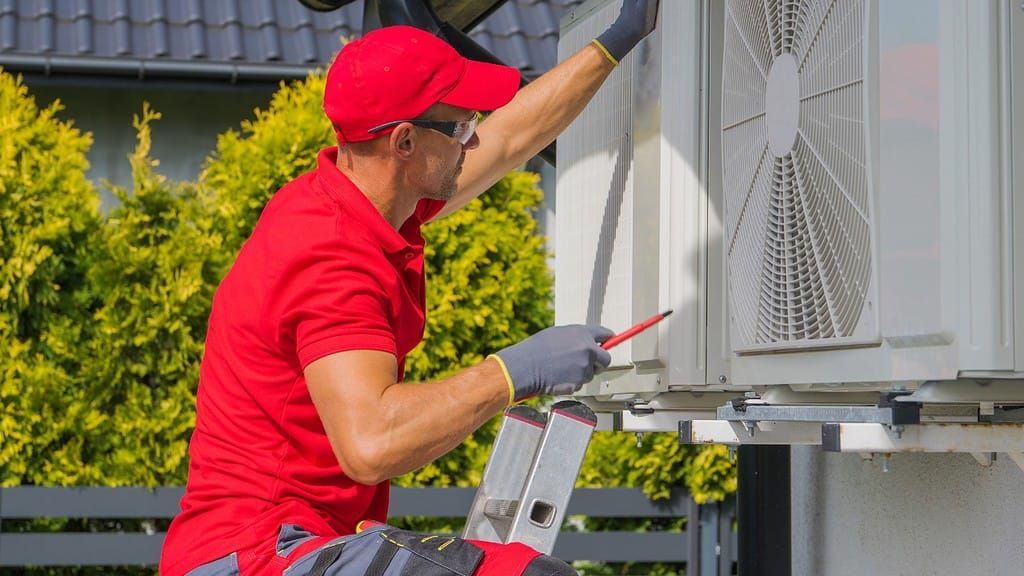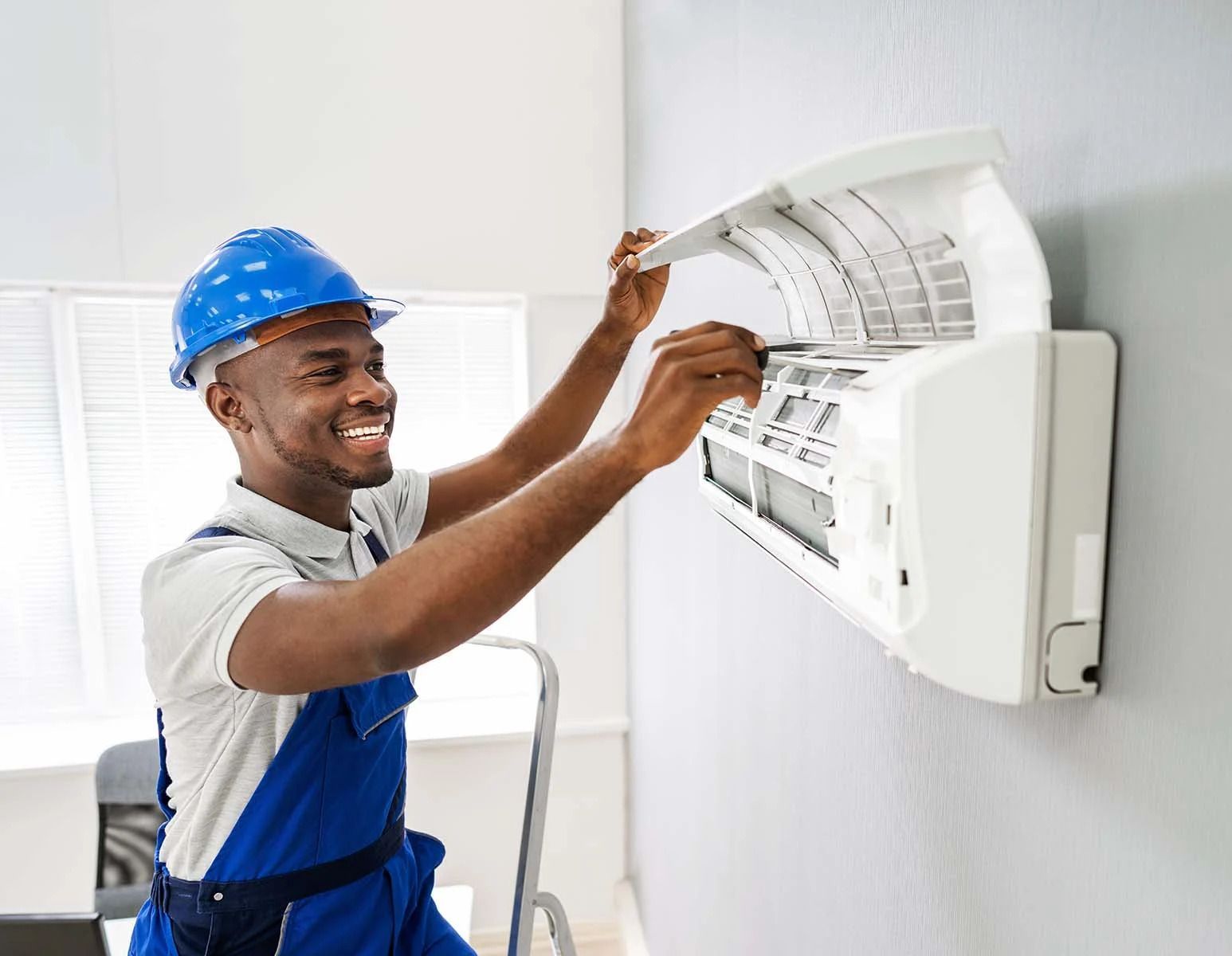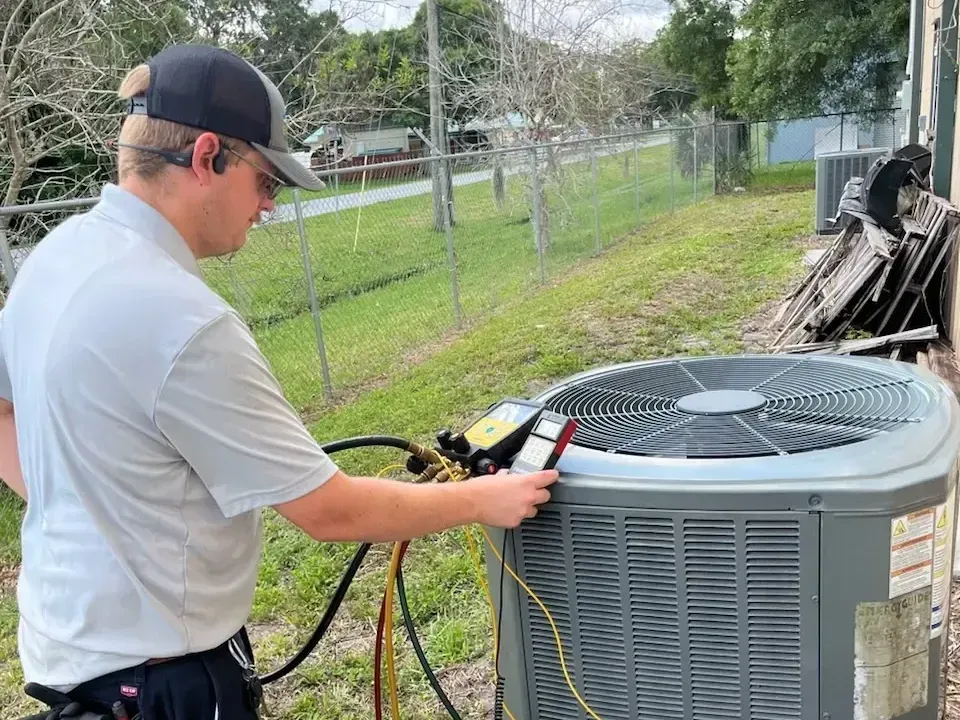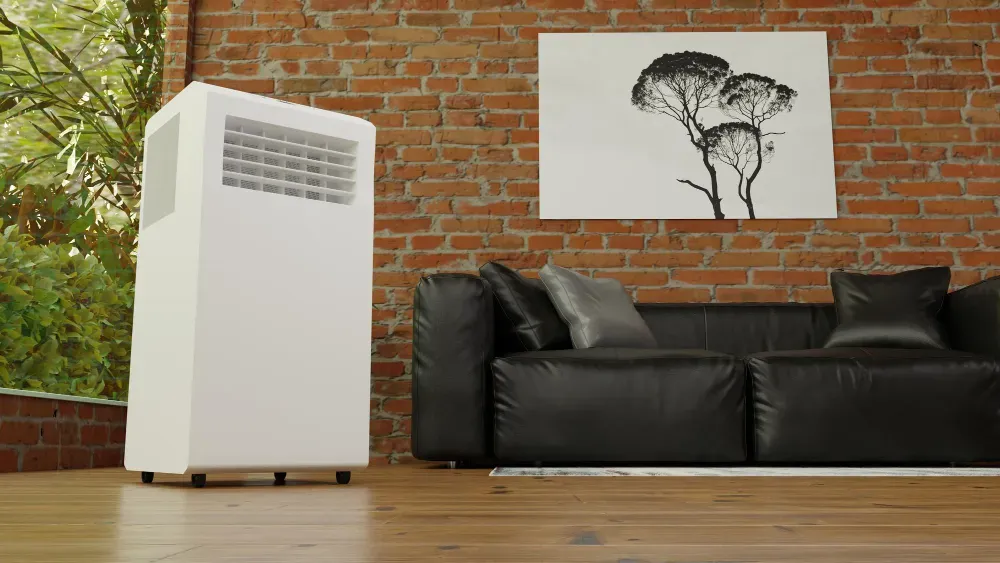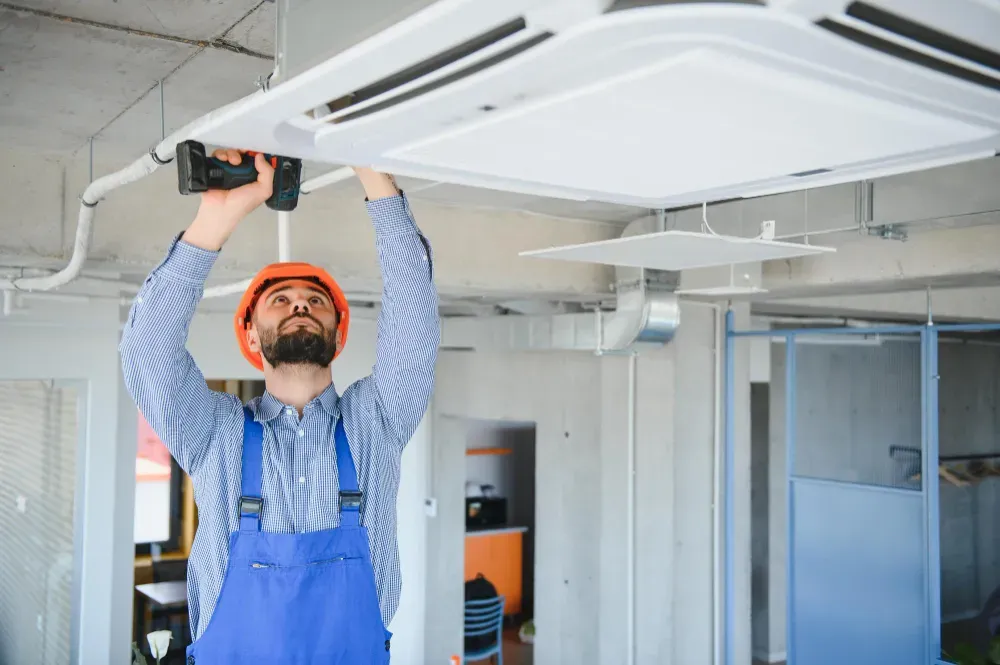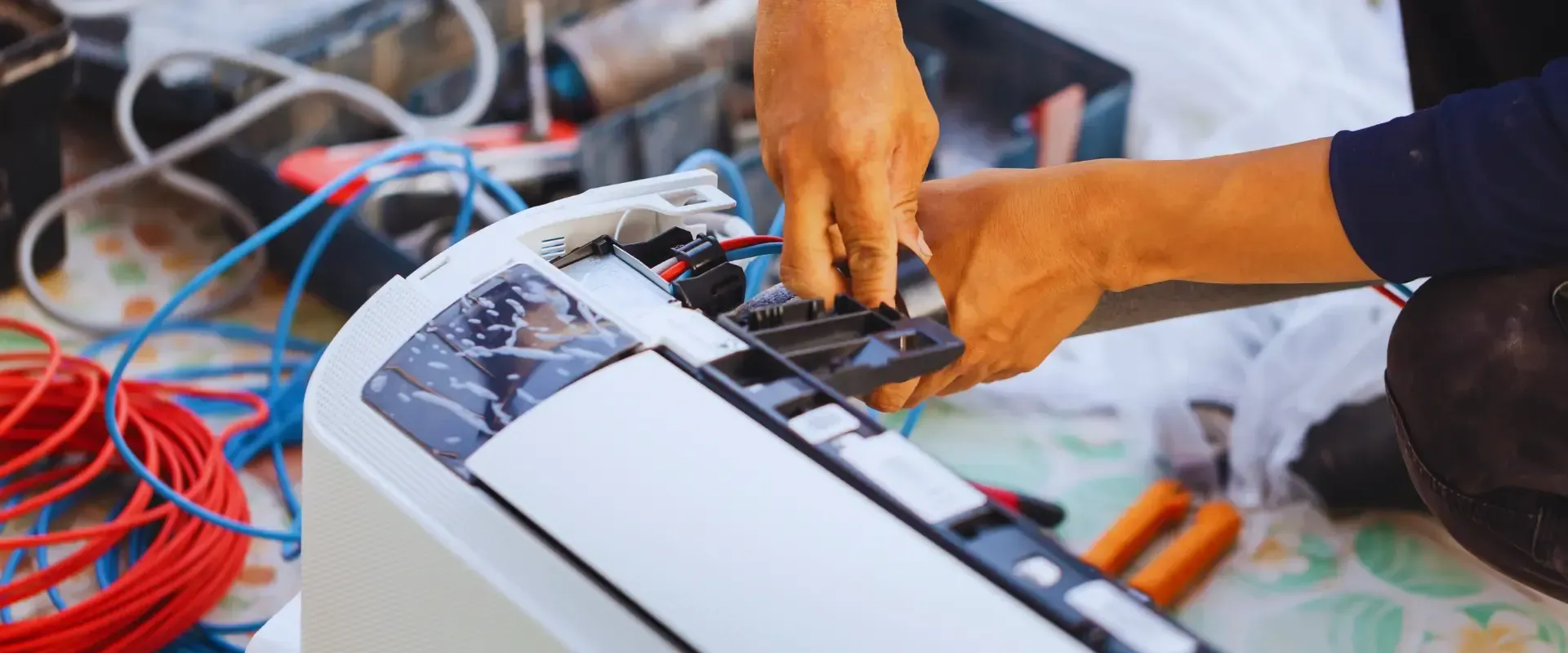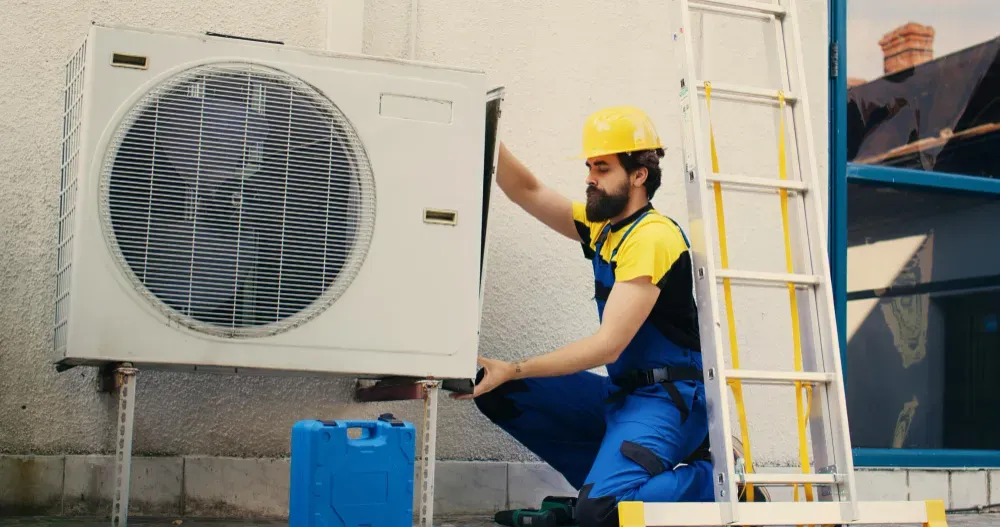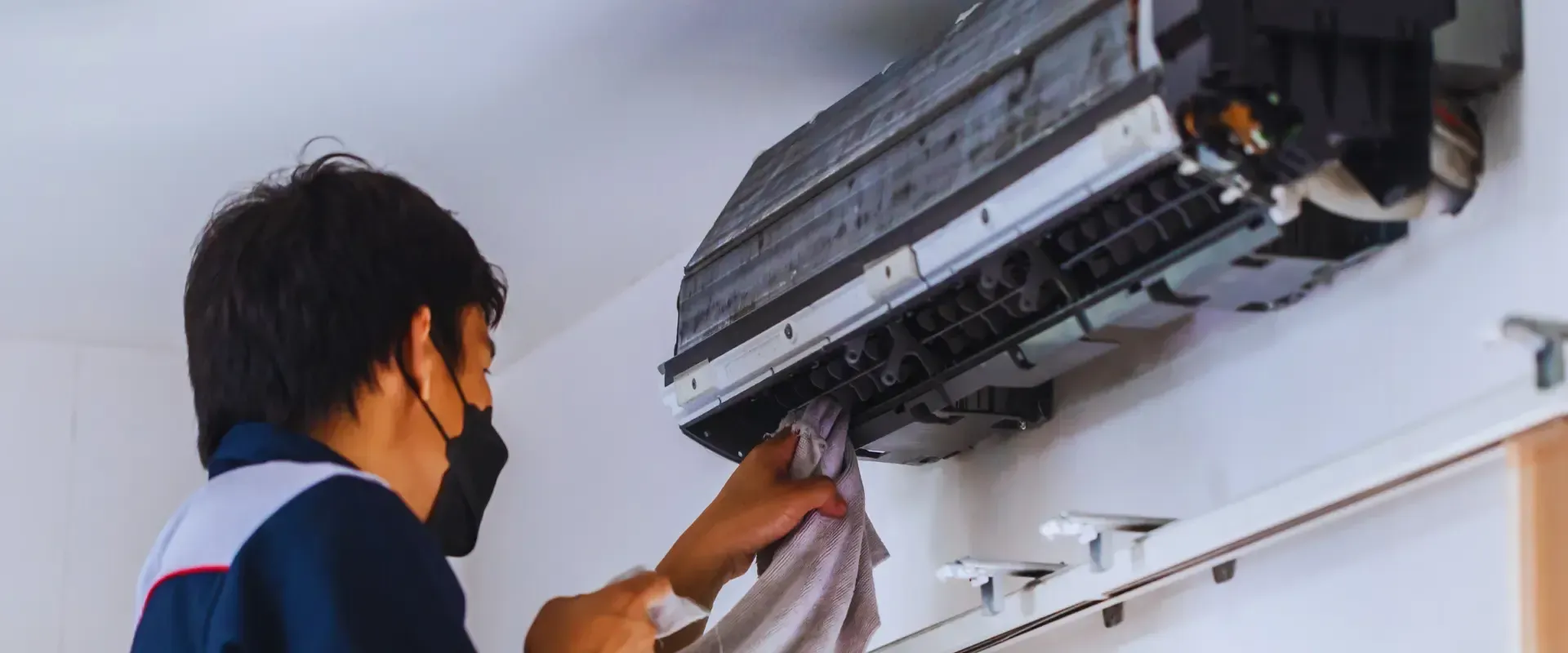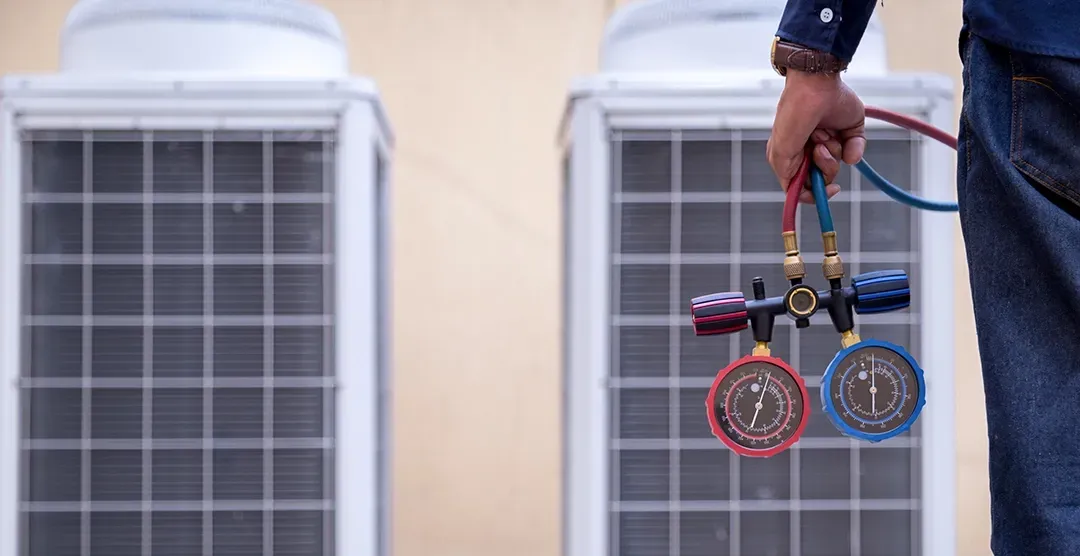How to Address an Air Conditioner Leaking Water Inside Your Home: A Complete Guide
Is your air conditioner turning your home into an unwanted indoor water park? Don't panic! A leaking AC unit is a common problem that many homeowners face, but with the right knowledge and quick action, you can prevent serious water damage to your home. This guide will walk you through everything you need to know about dealing with AC water leaks and keeping your cooling system running smoothly.
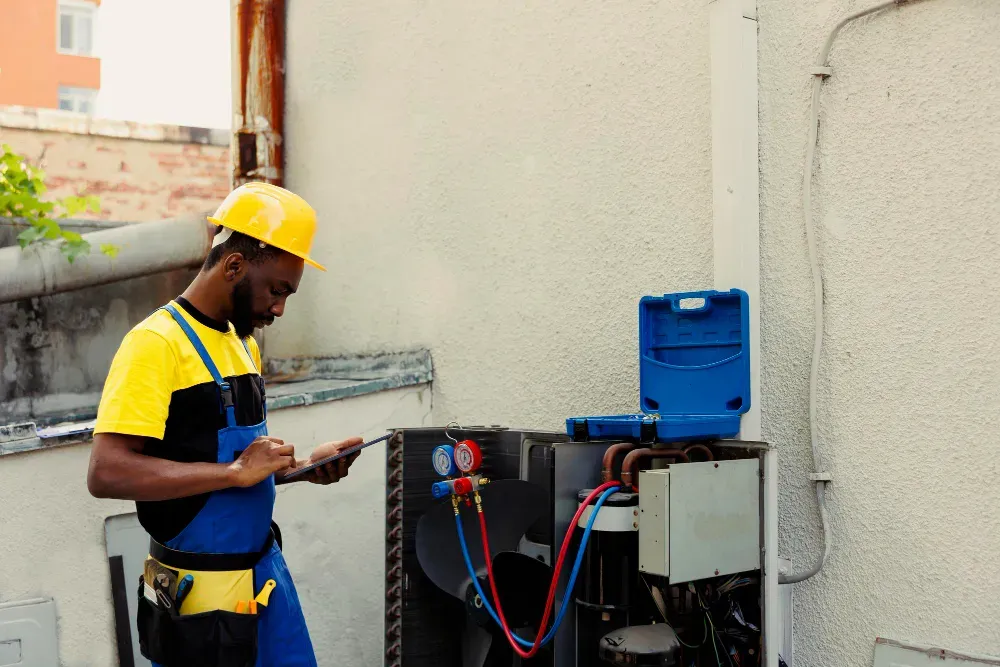
Understanding Why Your AC Is Leaking Water
Ever wondered why your AC produces water in the first place? It's actually a normal part of the cooling process. Your air conditioner removes humidity from the air, which creates condensation. Usually, this water safely drains outside your home. However, when you notice water leaking inside, it's time to pay attention.
Normal vs. Abnormal AC Condensation
During hot, humid days, your AC might produce up to 5-20 gallons of water daily – that's normal! But when this water appears inside your home, it signals a problem. Think of it like a drinking glass with condensation. While a few drops on the outside are normal, finding a puddle underneath means something's wrong.
Common Causes of Indoor AC Water Leaks
Several issues can cause your AC to leak indoors:
- Clogged condensate drain lines
- Cracked or damaged drain pans
- Dirty air filters restricting airflow
- Frozen evaporator coils
- Low refrigerant levels
- Improper unit installation
Warning Signs to Watch For
Keep an eye out for these red flags:
- Water spots on walls or ceilings
- Musty odors near your AC unit
- Unusual dripping sounds
- Unexplained increase in humidity
- Water pooling around your indoor unit
Quick Emergency Steps to Protect Your Home
Found water leaking from your AC? Here's what to do right away to minimize damage:
Immediate Actions to Take
- Turn off your AC system
- Place buckets or towels to catch water
- Remove valuable items from the affected area
- Check your condensate drain pan
- Document the damage for insurance purposes
When to Call a Professional HVAC Service
While some AC leaks can be fixed DIY-style, call a pro if you notice:
- Large amounts of water leaking rapidly
- Electrical components near water
- Multiple leak sources
- Persistent leaks after basic troubleshooting
- Strange sounds or smells from your unit
DIY Troubleshooting and Fixes
Before calling for help, try these simple fixes:
Checking and Clearing the Condensate Drain Line
- Locate the PVC pipe near your outdoor unit
- Remove any visible blockages
- Use a wet/dry vacuum to clear the line
- Flush with vinegar solution monthly
Inspecting the Drain Pan
Your drain pan should be:
- Clean and free of debris
- Level and properly positioned
- Free from cracks or rust
- Completely dry when AC is off
Cleaning or Replacing Air Filters
Dirty filters are often the culprit behind AC leaks.
Step-by-Step Filter Maintenance Guide
- Turn off your AC system
- Locate and remove the filter
- Check for dirt and damage
- Clean or replace as needed
- Mark your calendar for monthly checks
Professional AC Repair Solutions
Sometimes, you need expert help. Here's what to expect:
What to Expect from HVAC Services
- Professional diagnosis
- Complete system inspection
- Expert repairs with warranty
- Maintenance recommendations
- Prevention tips
Cost Considerations for Repairs
Repair costs vary based on:
- Cause of the leak
- Parts needed
- Labor time
- Your location
- Time of service (emergency vs. scheduled)
Preventing Future AC Water Leaks
An ounce of prevention is worth a pound of cure! Follow these tips:
Regular Maintenance Tips
- Schedule professional tune-ups twice yearly
- Keep outdoor unit clear of debris
- Monitor humidity levels
- Check condensate line monthly
- Replace filters regularly
Seasonal HVAC Checklist
Spring Preparation Steps
- Clean outdoor unit
- Check refrigerant levels
- Test condensate pump
- Inspect ductwork
- Clear drain lines
Monthly Monitoring Tasks
- Check and clean filters
- Listen for unusual sounds
- Monitor indoor humidity
- Inspect drain pan
- Clear drain line with vinegar
Remember, while some AC leaks might seem minor, they can lead to serious problems if ignored. Water damage, mold growth, and reduced efficiency can all result from untreated AC leaks. By following this guide and maintaining your system regularly, you can keep your home cool, dry, and comfortable all summer long.
Don't wait until small drips become big problems. Whether you choose the DIY route or professional help, addressing AC leaks promptly will save you money and headaches in the long run. Keep this guide handy, and you'll be well-prepared to handle any AC water leaks that come your way.
